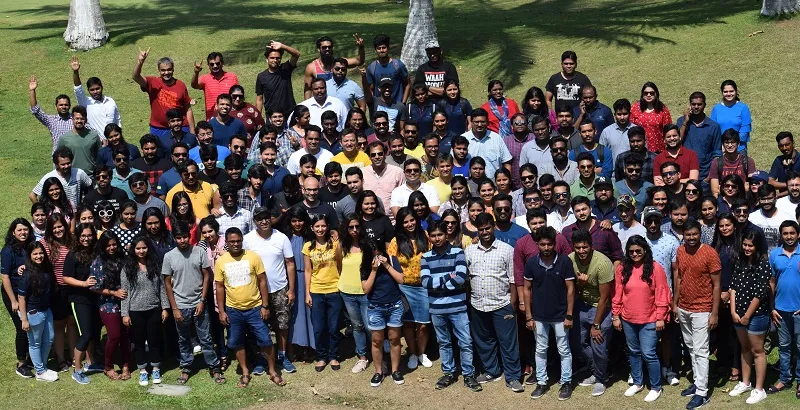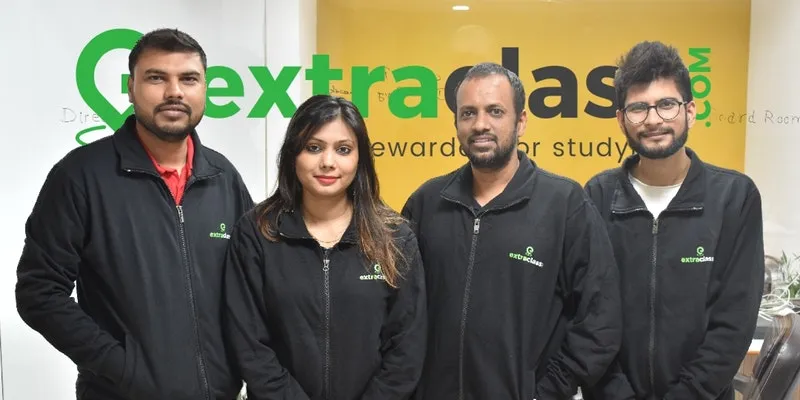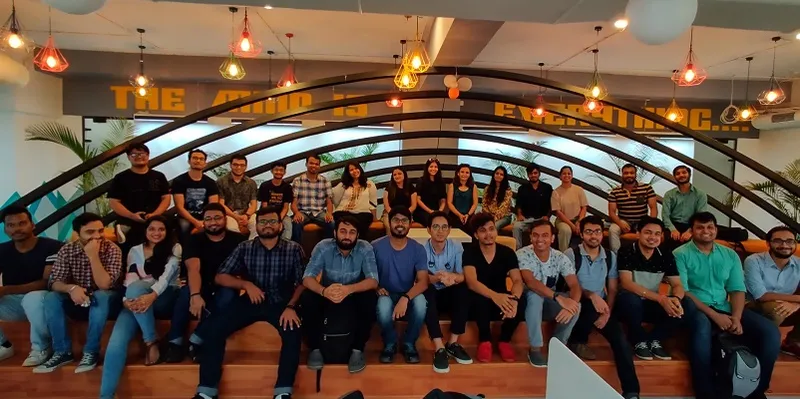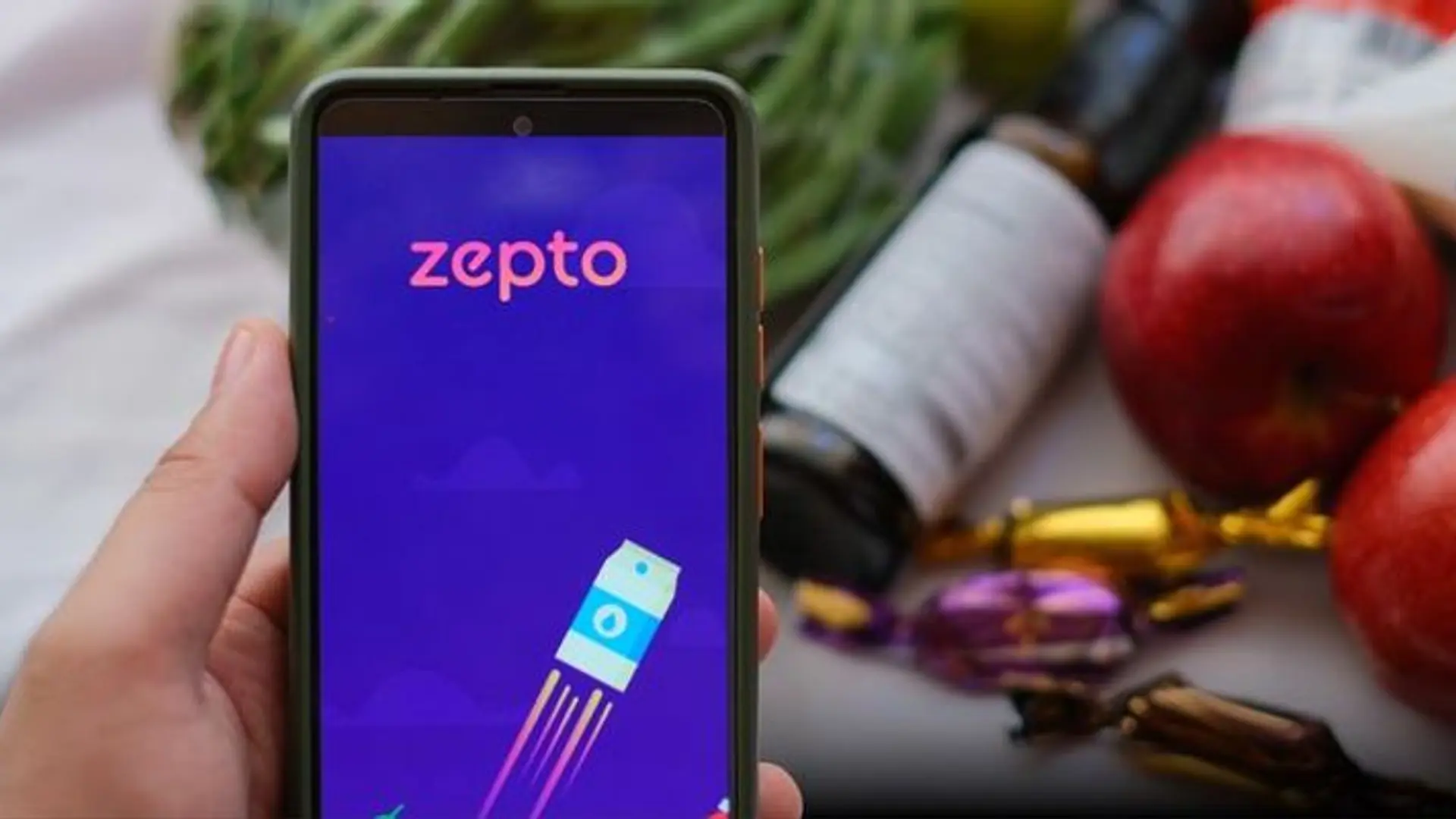How these edtech startups are disrupting education and teaching young India
Not just study material, the edtech sector is a career-shaping space that has all the tools to enhance skillsets. From teaching normal subjects to robotics or blockchain through technology, these startups are at the helm of an industry worth over $247B.
In a country like India where the participation of the IT sector in GDP is irreplaceable, the growth and relevance of the edtech sector is not surprising. According to a 2016 KPMG report, the Indian edtech market is pegged to touch $1.96 billion by 2021.
Today, it is a highly demanding sector for investors and entrepreneurs. While the edtech space in India has got a unicorn like Byju’s, there are also other players like Simplilearn, Toppr, Khan Academy and UpGrad among others leading the disruption.
Here are some edtech startups that are making technical education accessible, and are enabling talented personnel.
Learning Matters
Having recognised the need for school education to be more engaging – especially in rural and semi-urban schools - three colleagues came together to launch Learning Matters, a technology-driven solution that not only makes learning more engaging but also helps teachers upgrade their skills.

Learning Matters Founders (L-R) Saras Ramamoorthy, Ramamoorthy G, and Gowri Mahesh are working on creating tech-driven solutions for the education sector.
This Bengaluru-based startup set up by Ramamoorthy G (aka Moorthy), Gowri Mahesh and Saras Ramamoorthy uses Alexa and videos to teach lessons.
Learning Matters offers four (related) products: The Star Teacher programme, the Star Teacher Tool Box, Tara (the cloud-based, NLP-powered virtual voice teacher), and Kengine, a curated library of learning videos from across the world, translated into Indian languages.
Great Learning
Gurugram-based edtech startup Great Learning aims to set professionals up for a “learning for life” with the high-quality and industry-relevant programmes.
Its user base is mostly mid-career professionals who want to upskill to stay relevant with market requirements or are unsatisfied with the education they have received earlier.

Team Great Learning
Founded in 2013 by Mohan Lakhamraju, the edtech startup claims to have impacted more than 60,000 people so far by providing various opportunities for upskilling.
Great Learning offers courses in business analytics, machine learning, artificial intelligence, data science, cloud computing, etc.
Extraclass
Launched by Persainjit Singh, Prakash Gupta, and Swati Gupta, Extraclass aims to motivate students with rewards for studying by measuring the effort and not the outcome.
The Extraclass app, presently available for Android, helps students prepare for school, college, and competitive entrance exams, including engineering, medical, foreign university admission, management entrances and government jobs.

Extraclass Team (L-R): Persainjit Singh (CEO), Swati Gupta (Head of Customer Delight), Prakash Gupta (COO), Divyansh Raj (CPO)
The startup provides free learning content to anyone between the ages of five and 25 years. With the app, students can start studying for free using animated videos and infographic study material, which aim to make learning more thought-provoking, accessible and enjoyable.
It offers video lectures, practice question banks, and adaptive assessment and test series. The company aims to make education more accessible, free while promoting self-study.
Modo Edulabs
Started by couple Amalore Jude and Susan Jude in 2015, Modu Edulabs teaches robotics and coding to K-12 kids through an online platform.
This Bengaluru-based startup provides a five-level course to students. The first level is for kids above the age of eight years. Each level has about 25 lessons, and each lesson is of 40 minutes. In total, the platform has content spanning 1,000 minutes at the moment.
The videos are all uploaded online. A student just needs to log in to the website, take the course, assemble the kits, do the programming, and complete the course.
Apart from the course, Modo Edulabs also offers robotic kit sensors, tools and microprocessors for children to learn and programme.
iSchoolConnect
Ashish Fernando founded iSchoolConnect in 2017 after finding it hard to narrow down a master’s programme at a reputable American university.
Mumbai-based iSchoolConnect help streamlines the college search and application process for students around the world. It matches prospective students with educational programmes using predictive modelling and lets them create and submit their applications through a single interface.

The team at iSchoolConnect
Its platform uses deep learning techniques to provide corrective actions on student essays, resumes and video interviews, all in real-time, thus reducing the need for time-consuming human intervention.
The company claims to have a total of over 7,000 registered students on its platform until now.
(Edited by Suruchi Kapur- Gomes)



![[Startup Bharat] Meet edtech startups that are taking quality education to non-metro cities acr...](https://images.yourstory.com/cs/2/3fb20ae0-2dc9-11e9-af58-c17e6cc3d915/Awarness-camp1551780810897.png?fm=png&auto=format&h=100&w=100&crop=entropy&fit=crop)





